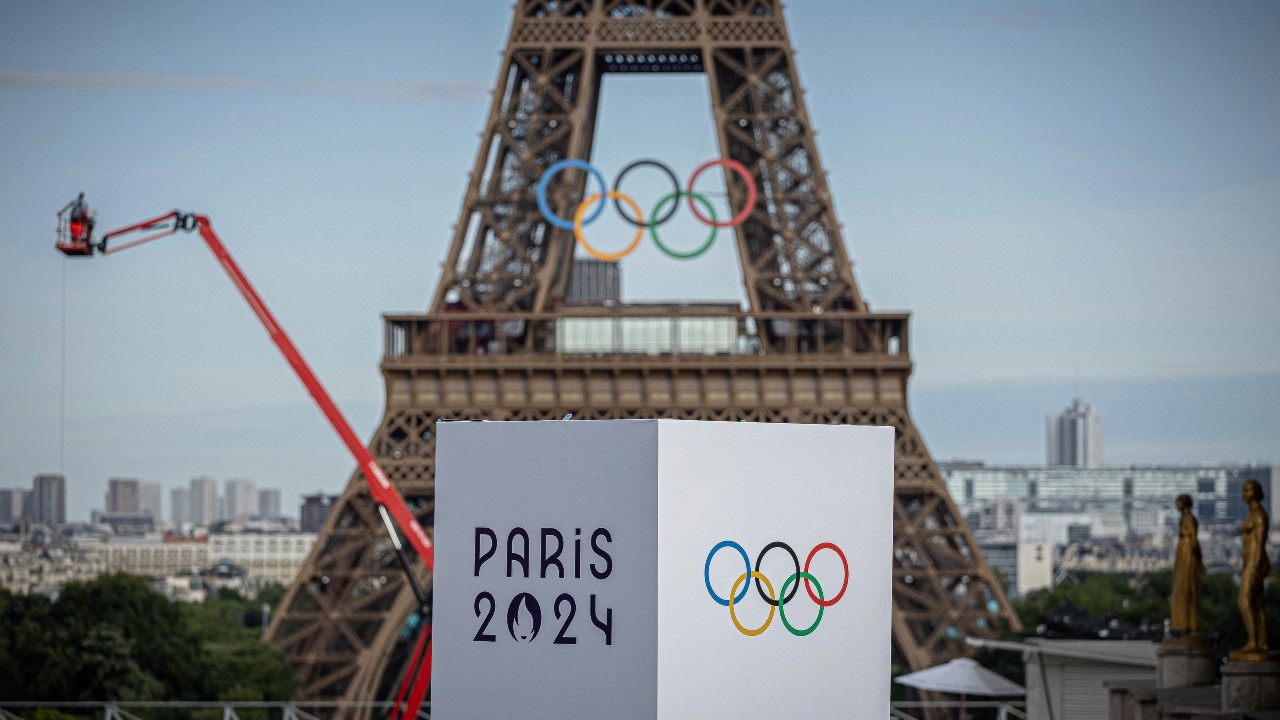
Three players from Canada’s Olympic women’s soccer team say they “still don’t understand” why their coaches engaged in drone spying in Paris when it was made clear to the team that doing so was illegal.
“We were in shock because on the first day, the RCMP met with us and made it clear that drones were illegal in France,” said Vanessa Gilles in a French interview with Radio-Canada conducted in Paris, along with teammates Gabrielle Carle and Évelyne Viens. “We banged our heads against the wall, so to speak, wondering what our coaches were going to watch of the New Zealand training. To this day, we still don’t understand.”
Governing body FIFA docked six points from the squad at the Olympics after a team staffer was caught using a drone to spy on New Zealand team practices before the start of competition. Ultimately, the staffer, an assistant coach and head coach Bev Priestman were banned for one year each and Canada Soccer fined $323,000. An appeal of the points deduction was unsuccessful.
In the end, it was the players who were left to deal with the fallout.
“Never in our lives could we have thought of that,” said Carle to Radio-Canada. “It’s frustrating to know that our coaches didn’t think we could win with integrity.”
The women went on to win all three of their group games, beating New Zealand, France and Colombia, advancing to the quarterfinals, despite the odds being stacked against them because of the points deficit. They lost to Germany in a penalty shootout, ending their Olympics run.
Viens said the controversy prompted her to question her involvement with the team.
“I went to see my parents and told them that [I would stop] if there was no change,” she said. “Those are not my values. I want to represent my country, but not those values. For me, it was clear that without change, it was over.”
— With files from The Canadian Press